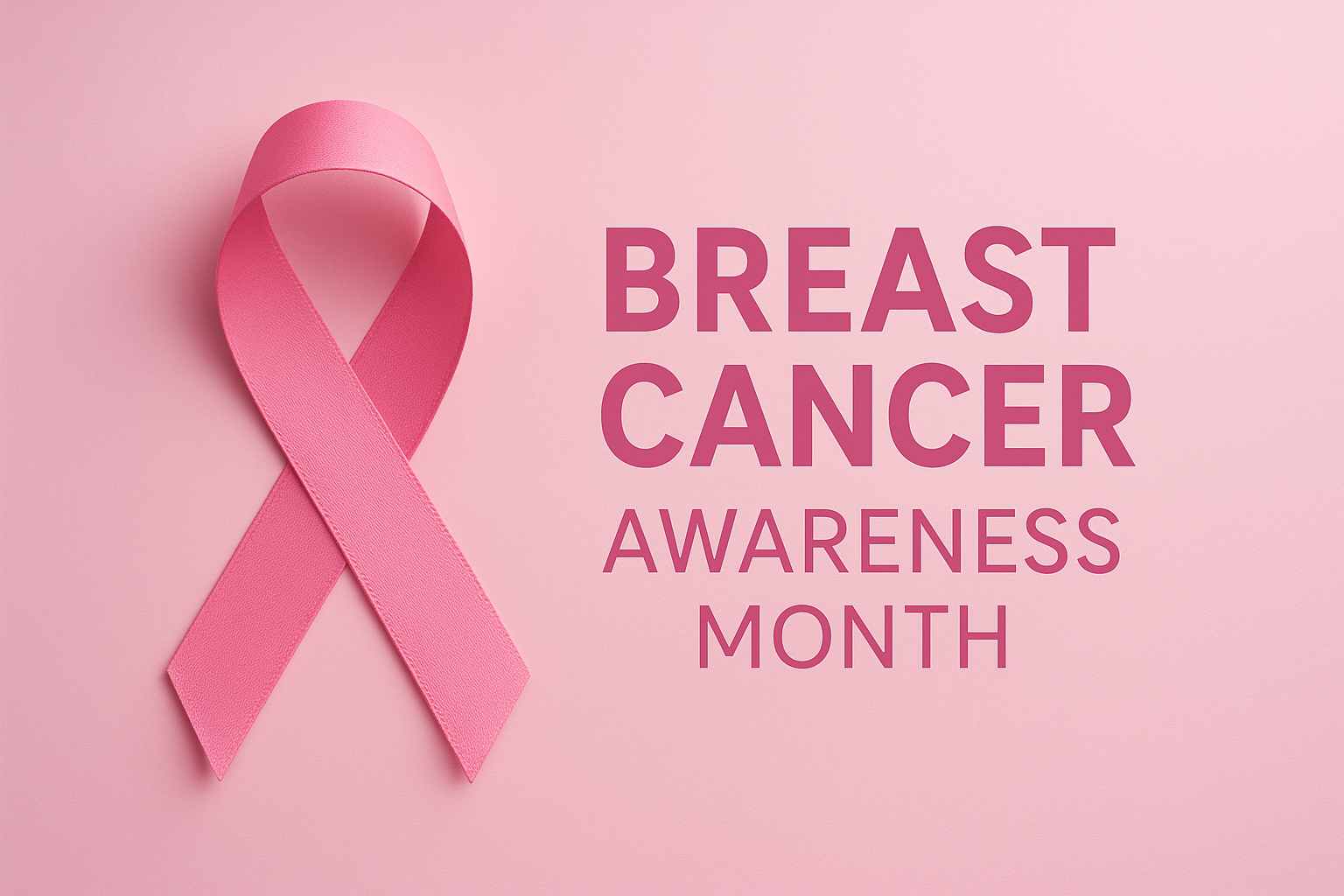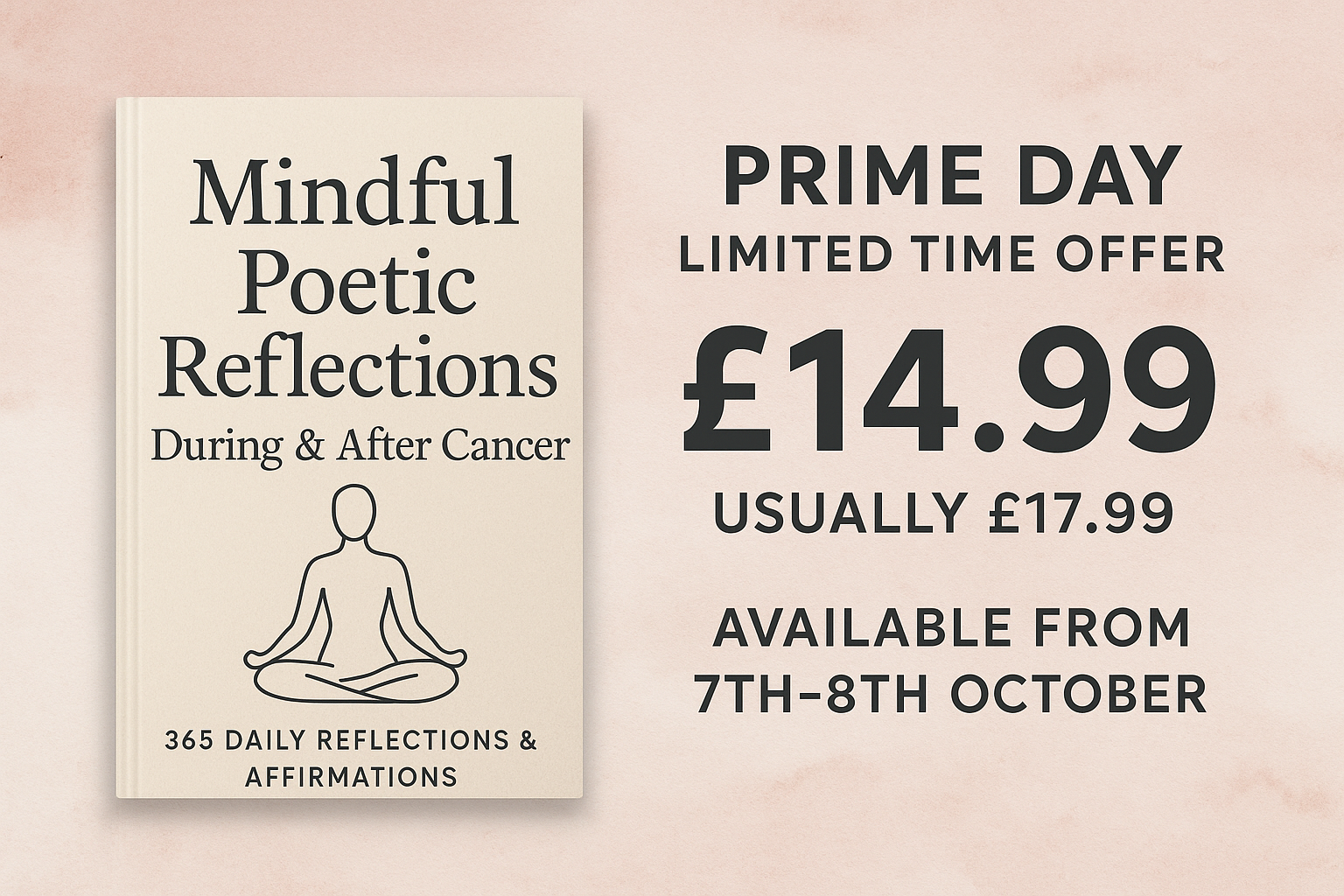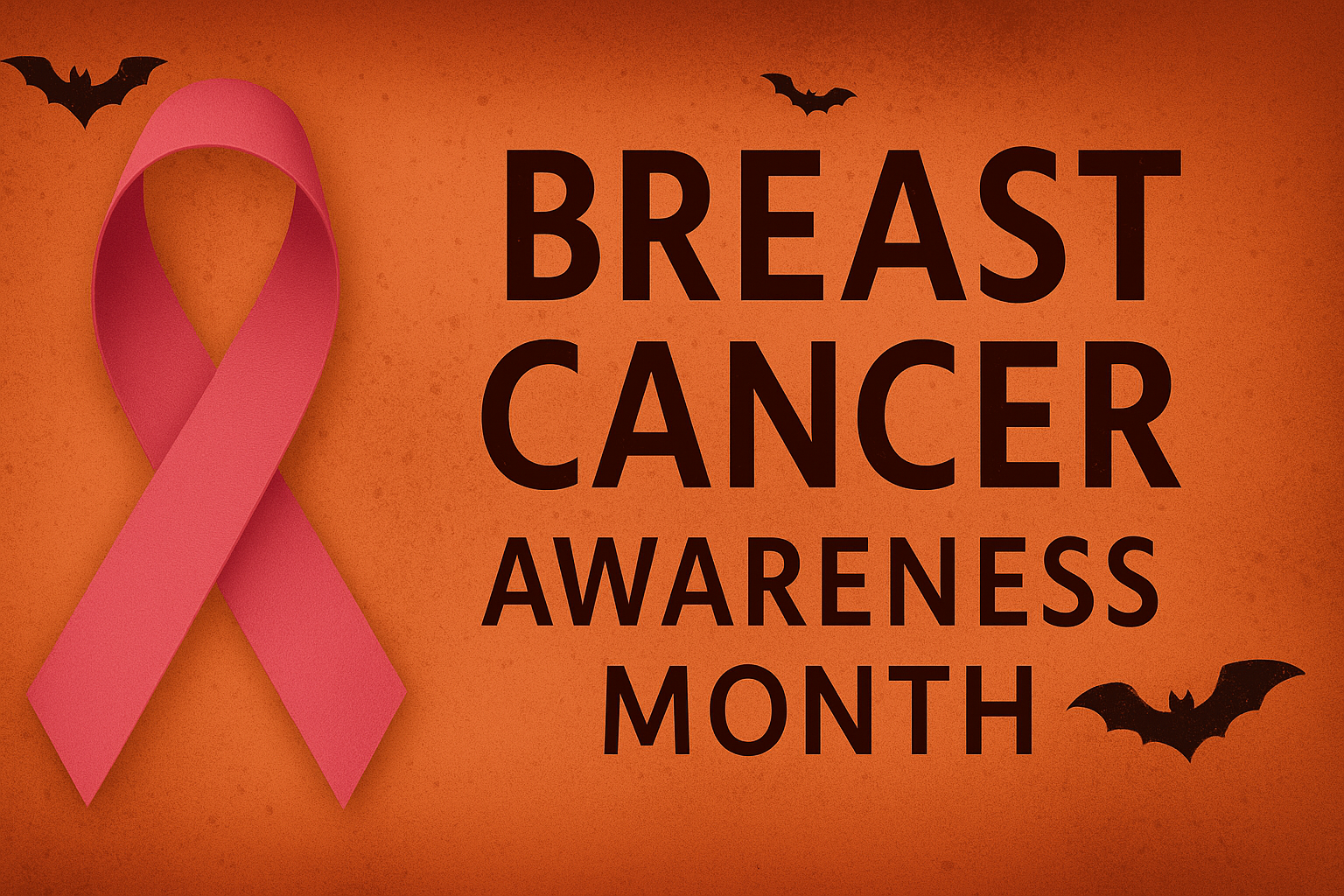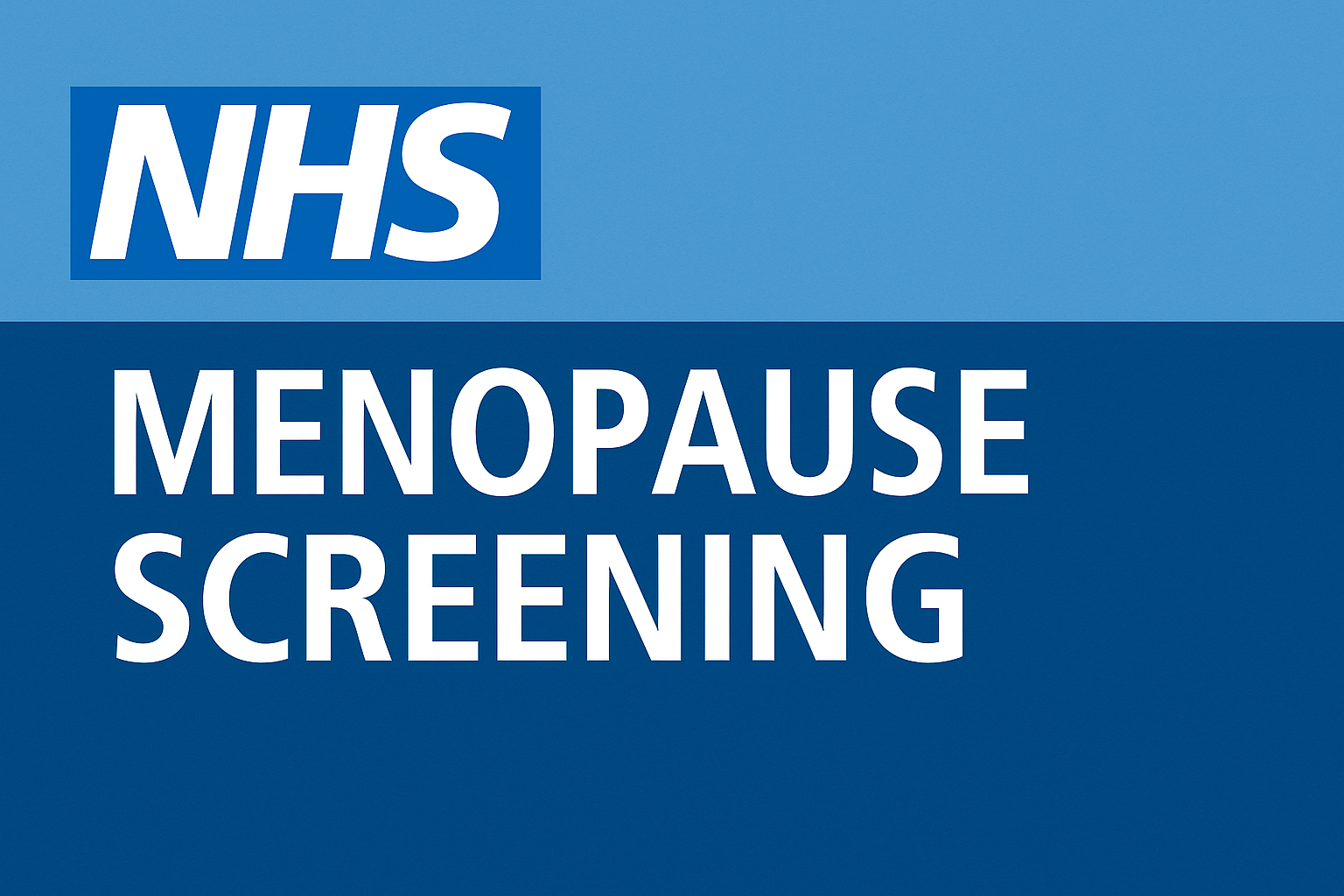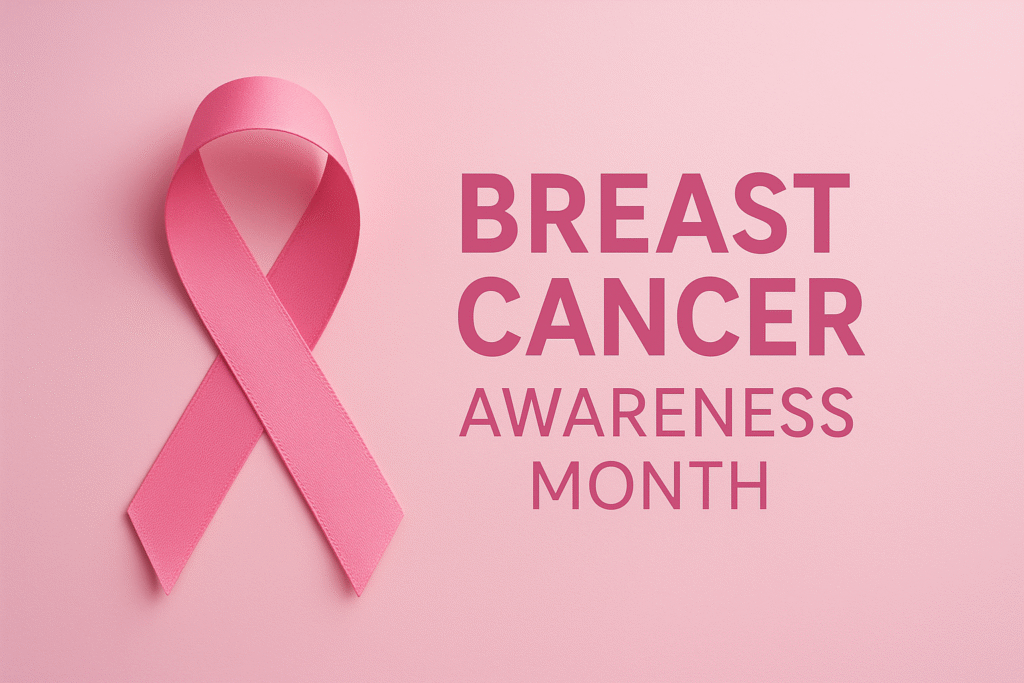
By Caroline David-Tostevin
October each year draws our collective attention to a cause of profound importance: Breast Cancer Awareness Month. This dedicated month is more than symbolic pink ribbons and fundraising campaigns — it is a clarion call for knowledge, early detection, support, and solidarity.
The Stakes Are Real
Breast cancer is the most commonly diagnosed cancer in women in the UK, accounting for nearly one in every three new cancers in women (Breast Cancer Now, 2025). Approximately 55,000 women are diagnosed each year in the UK alone, and the disease claims around 11,500 lives annually (The Grove Medical Group, 2023). Globally, the statistics are equally sobering: in 2020, breast cancer was responsible for nearly 685,000 deaths worldwide (Wilkinson et al., 2021). In the United States, projections suggest that in 2025 approximately 316,950 women will be diagnosed with invasive breast cancer, alongside 59,080 cases of non-invasive forms (American Cancer Society, 2024).
Yet there is cause for optimism: over recent decades, breast cancer mortality has declined notably. In the United States, the death rate fell by about 44% from 1989 to 2022 (Giaquinto et al., 2022). Early detection, advances in treatment, and awareness efforts all play vital roles in this progress.
Why Awareness Matters
Raising awareness is not merely about statistics; it is about stories, choices, and lives. The World Health Organisation’s theme for 2025 underscores this: “Every Story is Unique, Every Journey Matters” (WHO, 2025). Each diagnosis brings its own challenges — medically, emotionally, and socially — and every person affected deserves dignity, timely care, and support.
Empirical studies show that breast cancer awareness campaigns have measurable impact. A 2017 study demonstrated that awareness month is associated with increased screening rates and new diagnoses — meaning that some cancers may be caught earlier thanks to heightened attention (Karabay et al., 2017). More recently, a cross-sectional study in the United Arab Emirates found that women who participated in awareness programmes were significantly more likely to utilise breast screening services (38.5%) compared with non-attendees (13.3%) (Abdulla et al., 2025). These data affirm that awareness is not passive — it can drive tangible health behaviours.
Key Messages Worth Embracing
- Know what’s “normal” for your body. Becoming familiar with the usual look, feel, and symmetry of your breasts makes it easier to spot changes (Khan, 2025).
- Perform regular self-checks, ideally monthly, in a relaxed state (e.g. in the shower or lying down).
- Act promptly on any change — a lump, skin or nipple alterations, unusual discharge, persistent pain, or swelling. Don’t delay seeking medical advice.
- Support and access matter. Awareness must be paired with equitable access to diagnostic services and treatment across communities. The global burden of breast cancer is disproportionately heavy in lower-income regions (Wilkinson et al., 2021).
- Lifestyle choices can help reduce risk. In the UK, it is estimated that roughly 8% of breast cancer cases are linked to alcohol consumption (Breast Cancer UK, 2025). A diet rich in fruit and vegetables, regular exercise, maintaining a healthy weight, and limiting alcohol are all steps within our influence.
Challenges and Areas for Growth
Despite progress, challenges remain. Awareness does not always translate into action — barriers such as fear, stigma, limited health literacy, or access constraints persist (Ramadan et al., 2024). In many regions, diagnostic delays and inequitable resource distribution exacerbate outcomes (WHO, 2025).
Furthermore, incidence trends are shifting. For instance, in the United States, breast cancer incidence among women aged 20–49 has been rising, particularly for oestrogen receptor–positive tumours (Xu et al., 2024). Such patterns underscore the importance of tailored strategies for different age groups and subpopulations.
How You Can Engage (Beyond Wearing Pink)
- Get screened according to your local guidelines and encourage others to do the same.
- Educate yourself and others — share reliable information, dispel myths, and promote awareness in your circle.
- Support charities and research — contribute or volunteer with organisations that advance early detection, support patients, or fund scientific studies.
- Foster emotional support — for individuals diagnosed, survivors, and caregivers: listening, empathy, and presence are powerful.
- Advocate for systemic change — push for better access, reduced disparities, and policy support for cancer services.
A Closing Reflection
Breast Cancer Awareness Month is more than an annual observance; it is a moment to re-commit to vigilance, compassion, and action. Each ribbon, each conversation, each screening holds potential — the potential to catch cancer early, to extend survival, and to bring comfort.
Let us recognise that behind every statistic is a human life, a family, a journey. Let our awareness be not just in October, but ever present — informed, generous, and resolute.
Harvard Style Reference List
Abdulla, R., et al., 2025. Impact of breast cancer awareness programme on breast screening utilisation among women in the UAE. BMC Public Health, 25, p.578.
American Cancer Society, 2024. Breast Cancer Facts & Figures 2024–2025. American Cancer Society.
Breast Cancer Now, 2025. Breast cancer in the UK 2025: Facts and Statistics. Breast Cancer Now.
Breast Cancer UK, 2025. Breast Cancer Awareness Month. Breast Cancer UK.
Giaquinto, A.N., et al., 2022. Breast cancer statistics 2022. CA: A Cancer Journal for Clinicians, 72(6), pp.524–541.
Karabay, O., et al., 2017. Impact of Breast Cancer Awareness Month on detection. Journal of Medical Screening, 24(4), pp.213–217.
Khan, A., 2025. Signs of breast cancer: what to look out for. Woman & Home, October 2025.
Ramadan, M., et al., 2024. Influence of Breast Cancer Awareness Month on Public Awareness. JMIR Cancer, 10(1), p.e49197.
The Grove Medical Group, 2023. Breast Cancer Awareness Month. The Grove Medical Group.
Wilkinson, L., et al., 2021. Understanding breast cancer as a global health concern. Frontiers in Public Health, 9, p.720.
World Health Organization (WHO), 2025. Breast Cancer Awareness Month 2025. WHO.
Xu, S., et al., 2024. Breast cancer incidence among US women aged 20–49 years, 2000–2019. JAMA Network Open, 7(1), p.e214306.
